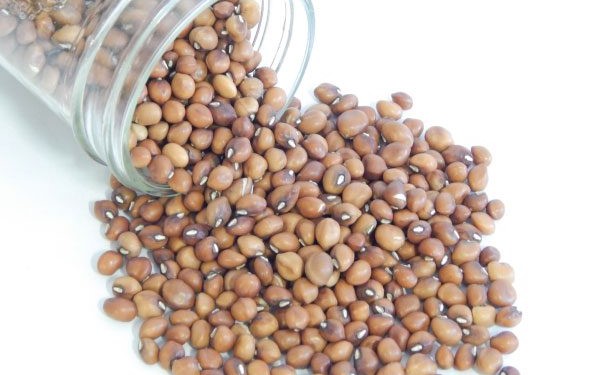Nigeria has made history by becoming the first country in the world to approve biotech cowpea, thereby adding a new biotech crop to the global biotech basket.

This is according to the Global Status of Commercialised Biotech/GM (Genetically Modified) Crops in 2018 (ISAAA Brief 54) and disclosed in a news release by the International Service for the Acquisition of Agri-biotech Applications, ISAAA on Thursday, August 23, 2019.
The release was issued at the Nigeria
Science Cafe and launch of Brief 54, a report on Global Status of
Commercialised Biotech/GM Crops event in Abuja.
The release, signed by Dr Margaret Karembu, Director, ISAAA AfriCentre in Kenya
showed that Africa continued to make steady progress in the adoption of biotech
crops.
The ISAAA AfriCentre Director praised Nigeria’s progress in biotech crop development and adoption, noting that the country was leading in agricultural technology approvals enabled by an efficient bio safety system.
“The world is in a technological advancement trajectory, the green revolution that had taken the world by storm in the second half of the 20th century is quickly transitioning into gene revolution.
“We are now progressing into genome editing, a more precise and accurate technology to effectively develop more productive, highly nutritious and climate resilient crops for our rapidly increasing population,’’ she said.
In the ISAAA Brief 54 report, a total of 70 countries adopted biotech crops through cultivation and importation in 2018, the 23rd year of continuous biotech crop adoption.
Also, a total of 26 countries with 21 developing and five industrialised countries planted 191.7 million hectares of biotech crops, adding 1.9 million hectares to the record of plantings in 2017.
The Kingdom of Eswanti, former Swaziland, joined South Africa and Sudan in planting biotech crops in Africa, with commercial planting of insect resistant (IR) Bt cotton on an initial launch of 250 hectares.
This brought the number of African countries currently growing biotech crops to three.
Nigeria, Ethiopia, Kenya and Malawi granted approvals for planting biotech cotton as the proof that Africa is ready for biotech crop adoption.
The report further indicated that South Africa alone planted 2.73 million hectares of biotech crops in 2018, sustaining its ranking among the top 19 biotech crop countries in the last two decades.
Most farmers in the country have adopted plant biotechnology with 87 per cent of adoption of biotech maize, 95 per cent biotech soybean and 100 per cent of biotech cotton.
The report further stated that Sudan planted 243,000 hectares of BT cotton, and a total of 3.14 million hectares of biotech crops in Africa.
The report highlighted among others, that the top five countries with the largest area of biotech crops planted by U.S., Brazil, Argentina, Canada and India collectively occupied 91 per cent of global biotech crop area.
It showed that biotech soybean reached the highest adoption worldwide, covering 50 per cent of the global biotech crop area.
The report indicated that farmers in 10 Latin American countries planted 79.4 million hectares of biotech crops among others.
It said that with the continuously increasing adoption of biotech crops worldwide, farmers were at the forefront of reaping numerous benefits.
By Sylvester Thompson
